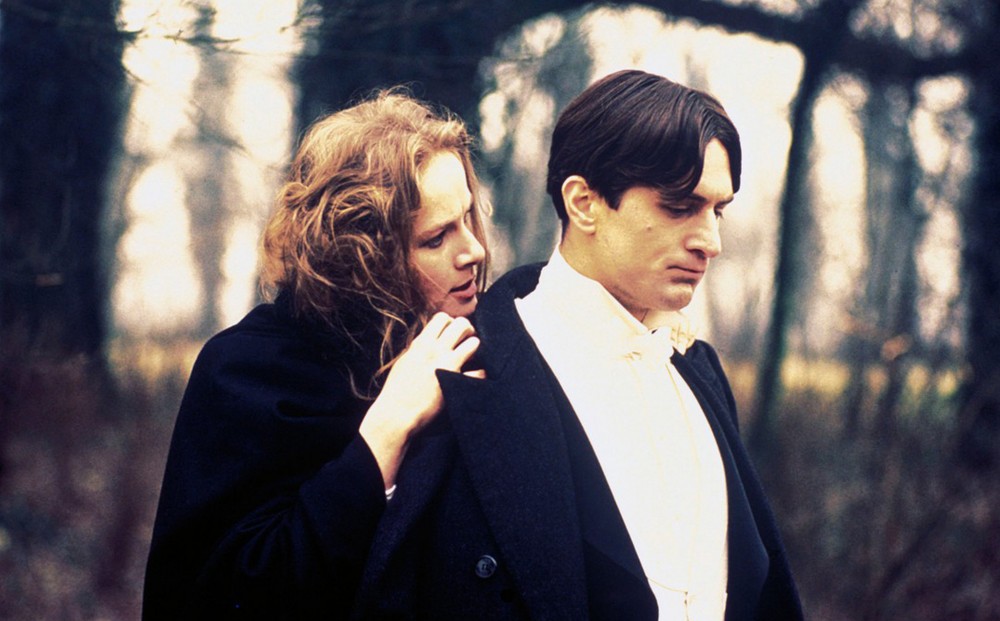Bernardo Bertolucci’s 1900: Part 1

Click on a showtime to purchase tickets
Director: Bernardo Bertolucci
1976, Italy, 162, NC-17
Screenwriter: Bertolucci, Franco Arcalli, and Giuseppe Bertolucci. Camera: Vittorio Storaro. Music: Ennio Morricone.
Cast: Robert De Niro, Burt Lancaster, Gerard Depardieu, Dominique Sanda, Stefania Sandrelli, Sterling Hayden.
Cinestudio presents the 5½ hour 4K restoration of Bernardo Bertolucci’s masterful epic, shown the way he intended – in two separate parts. Originally released in the U.S. in a version cut by an hour and a half, this is Bertolucci’s complete, uncut version.
Set in his home region of Emilia, and at the height of his visual and dramatic powers, the director’s follows Italy from the opening of a new century with its feudal system intact, through war, fascism, and the hope of an equal society. The history unfolds through two families – one landowners, one tenant farmers – and their sons’ relationship from boyhood friendship, to rivalry, violence, and old age. As the sons, Robert De Niro and Gerard Depardieu are incredibly young and completely fearless in their commitment to their characters…including the nudity that gave 1900 an NC 17 rating. Equally memorable are Donald Sutherland as a very nasty piece of work; and the co-stars of Bertolucci’s The Conformist: the great Dominique Sanda and Stefania Sandrelli. Although we lost Bertolucci in 2018, this film, with its evocative score (Ennio Morricone) and cinematography (Vittorio Storaro) will endure as a testament to his artistic vision.
“Exquisite…contains startlingly original images whose meanings surpass description.” – Caryn James, New York Times.
“A romantic moviegoer’s vision of the class struggle – a love poem for the movies as well as for the life of those who live communally on the land.”
– Pauline Kael
“Bertolucci’s multinational, yet distinctly Italian opus is, in many ways, the pinnacle of his idiosyncratic artistry, suffused with sociopolitical insight, artistic flourish, and an unambiguous authorial confidence. This 1976 release is the definition of ambitious filmmaking.”
– Jeremy Carr, MUBI







